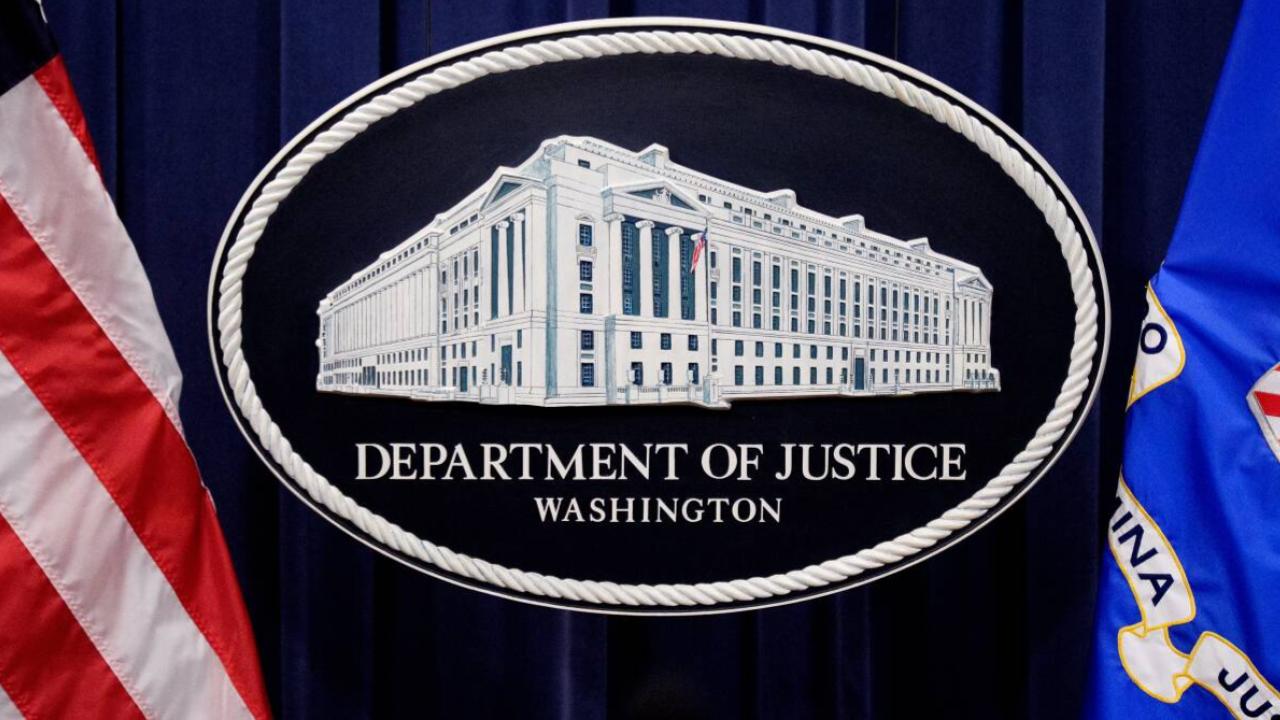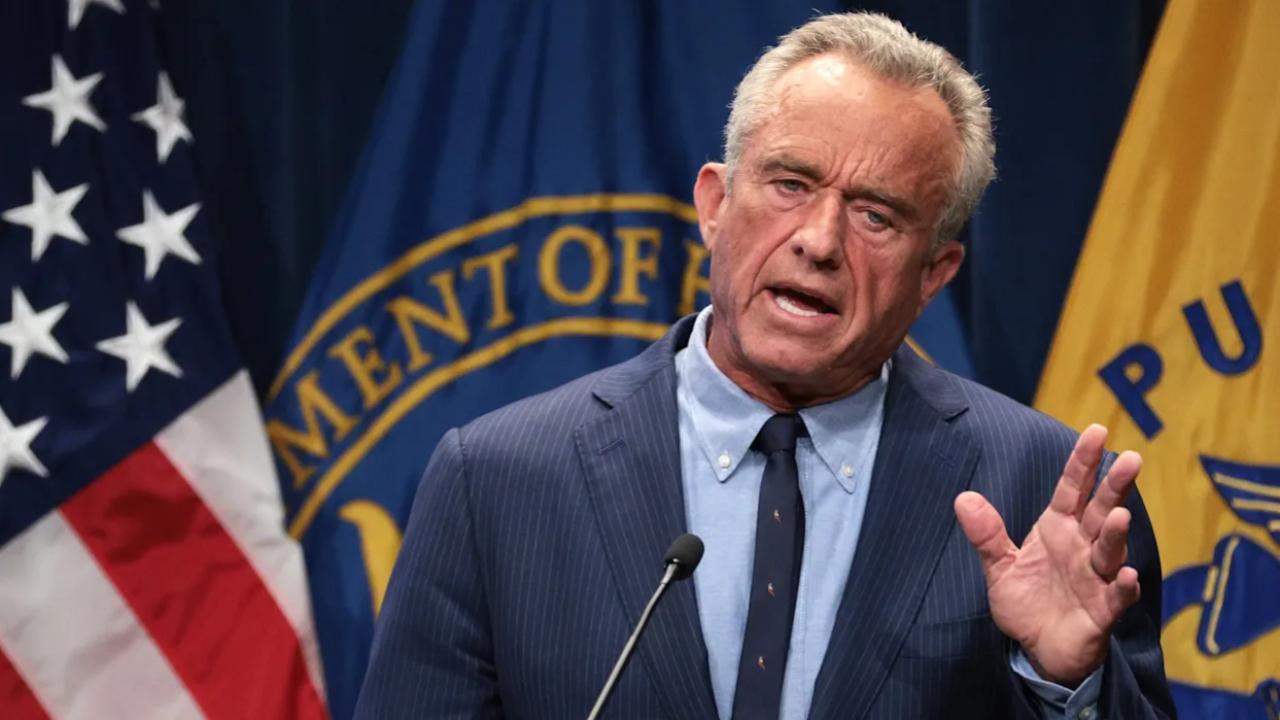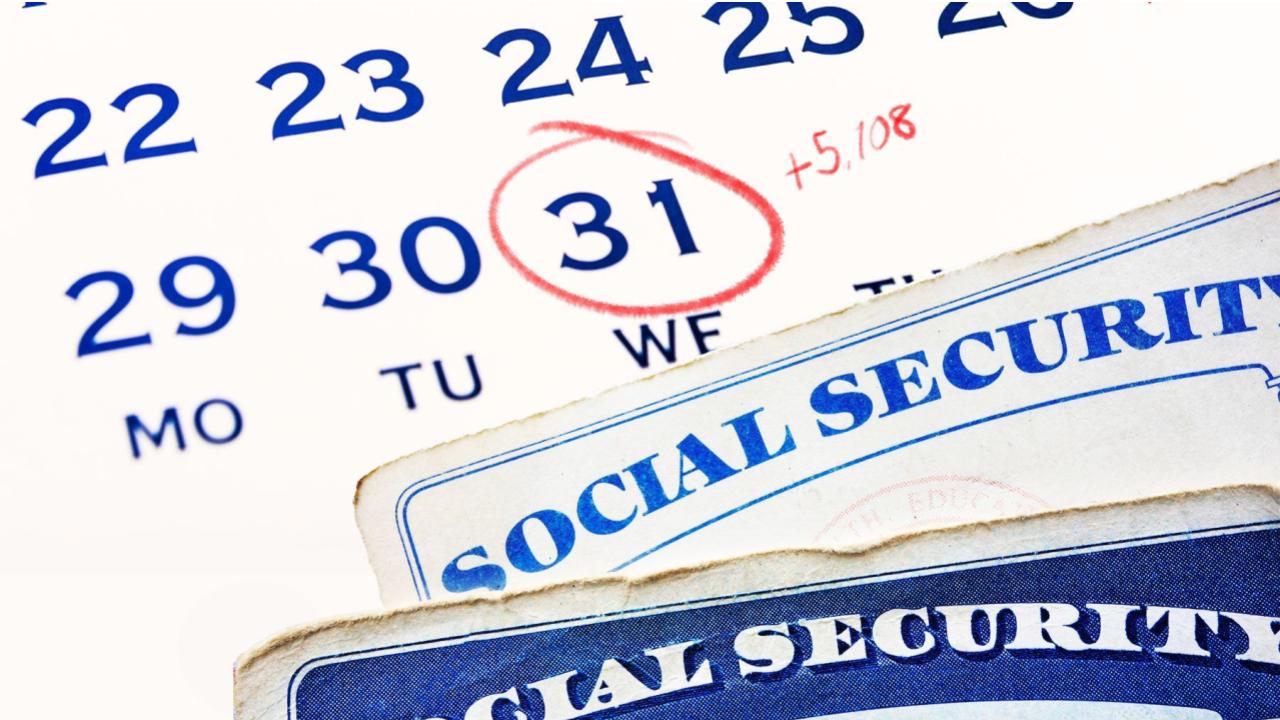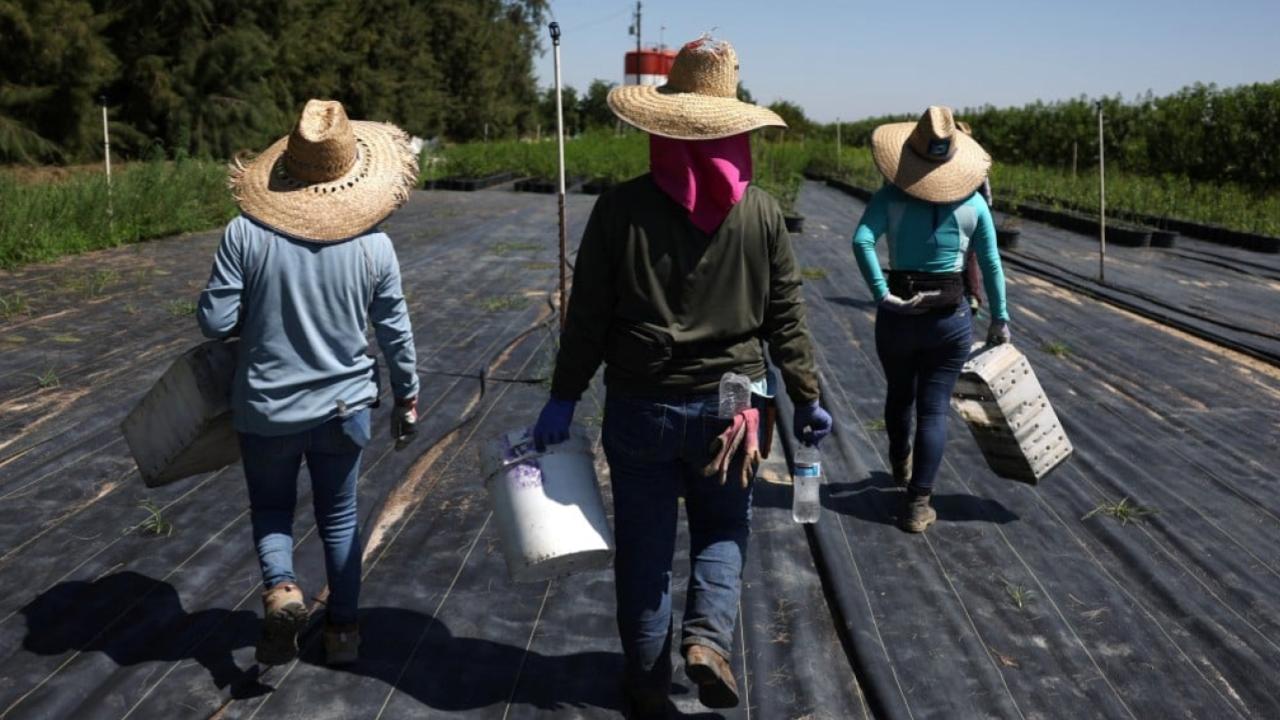Medicaid fraud is no joke, especially when it involves federal employees and public housing programs. Recently, a case out of Omaha, Nebraska, has shed light on a costly mistake made by a federal employee linked to Medicaid fraud at an Omaha Housing Authority property. This story isn’t just about one individual’s misstep—it’s a cautionary tale about how Medicaid funds, which are meant to help vulnerable Americans, can be misused, and what steps you can take to spot and prevent fraud in your community.
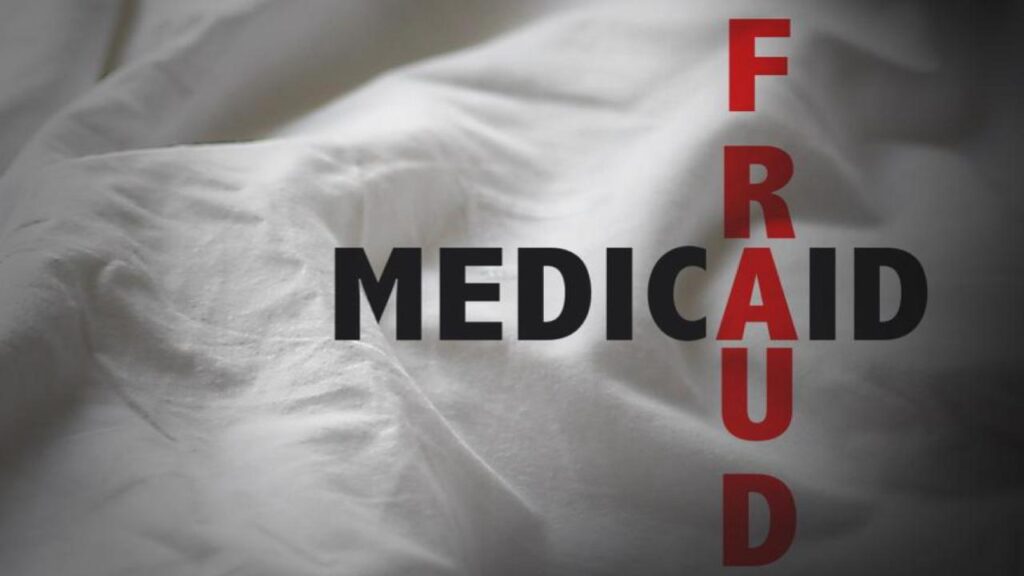
In this article, we’ll break down the details of this case, explain what Medicaid fraud really means, and provide clear advice on how citizens and officials alike can help protect public funds. Whether you’re a healthcare professional, a public servant, or just someone curious about how government programs work, this guide is for you. We’ll keep it straightforward, approachable, and packed with useful info.
Medicaid Fraud at Omaha Housing
| Topic | Details |
|---|---|
| Incident | Medicaid fraud involving a federal employee at Omaha Housing Authority property |
| Individual Involved | Lisa Mitchell, former personal assistance services provider |
| Location | Crown Tower, Omaha Housing Authority apartment complex, Omaha, Nebraska |
| Fraud Details | Billing Medicaid for services not provided to three individuals |
| Legal Outcome | $12,008.31 repayment ordered, five years probation, and billing ban on federal healthcare services |
| Date of Judgment | May 21, 2025 |
| Reporting Fraud | U.S. Dept. of Health and Human Services hotline for reporting Medicaid fraud |
Medicaid fraud at Omaha Housing, like the case involving Lisa Mitchell, serves as a serious reminder that public trust and taxpayer dollars must be protected. Fraud hurts everyone—from the individuals who rely on Medicaid for essential care to the hardworking taxpayers footing the bill.
Staying informed, vigilant, and proactive can help safeguard this crucial program. Whether you’re a healthcare professional, a public servant, or a concerned citizen, knowing the signs of Medicaid fraud and how to report it empowers you to make a difference.
What Is Medicaid Fraud? A Straightforward Explanation
Alright, so what exactly is Medicaid fraud? Put simply, it’s when someone lies or cheats to get money from Medicaid, the government program that helps pay for medical and long-term care for people with low income or disabilities. This could be anything from billing for services that weren’t actually provided, exaggerating the care given, or even getting paid for care after being banned from providing it.
In the Omaha case, Lisa Mitchell, a federal employee and former personal assistance services provider, kept submitting claims to Medicaid for services she didn’t actually provide at a public housing complex operated by the Omaha Housing Authority. Despite being banned from the property, she still billed Medicaid for three people who never received those services. That’s straight-up fraud — taking government money without doing the work.
Medicaid fraud doesn’t just hurt taxpayers—it steals resources that could help people who genuinely need assistance. According to the U.S. Department of Health and Human Services, improper payments and fraud cost the Medicaid program billions of dollars every year (HHS OIG). So when cases like this happen, it’s a big deal.
The Omaha Medicaid Fraud Case: What Happened?
Let’s break it down step-by-step:
1. Who is Lisa Mitchell?
Lisa Mitchell was a personal assistance services provider, which means she was hired to help individuals with daily living activities like bathing, dressing, or medication reminders. These services are essential for many who can’t fully care for themselves.
2. The Setting: Crown Tower
Crown Tower is a public housing complex managed by the Omaha Housing Authority. Many residents here rely on Medicaid for healthcare and supportive services.
3. The Fraudulent Activity
Despite being banned from Crown Tower, Mitchell continued submitting Medicaid claims for services to three individuals who never received the care she billed for. This wasn’t just a small slip—it was ongoing, which racked up costs to Medicaid.
4. Legal Consequences
A federal district judge ordered Mitchell to repay $12,008.31 to Nebraska Medicaid and sentenced her to five years of probation. Additionally, she was banned from billing federal healthcare programs in the future. This shows how seriously courts take Medicaid fraud, especially by public servants entrusted with care.
Why Medicaid Fraud Matters to You and Your Community
You might be thinking, “This is an Omaha problem, so what?” But Medicaid fraud can happen anywhere—and the impact ripples across the country. Here’s why it’s a big deal:
- Strains Public Resources: Fraud drains funds from Medicaid, limiting the money available to care for the sick and vulnerable.
- Undermines Trust: When fraud happens, it damages trust in public programs designed to help people.
- Costs Taxpayers: Medicaid is funded by taxpayers, so fraud means your tax dollars are being wasted.
- Harms Legitimate Recipients: Fraud can result in stricter rules, delays, or cuts that make it harder for genuine beneficiaries to get help.
So, understanding Medicaid fraud and how to report it isn’t just for officials—everyone can play a part.
How to Spot Medicaid Fraud: Signs to Watch For
Medicaid fraud isn’t always easy to catch, but some common red flags include:
- Billing for services not provided or not needed
- Charging for duplicate services
- Providing unnecessary medical equipment or medications
- Enrolling fictitious patients
- Submitting claims after being banned or terminated
If you notice suspicious activity involving Medicaid billing or services—whether you’re a healthcare worker, patient, or community member—it’s important to take action.
Reporting Medicaid Fraud: What You Need to Know
If you suspect Medicaid fraud, don’t just shrug it off. Reporting can help protect taxpayers and ensure funds go where they’re truly needed.
Where to Report:
- U.S. Department of Health and Human Services, Office of Inspector General (OIG):
Report fraud online or by phone:
https://oig.hhs.gov/fraud/report-fraud/
Hotline: 1-800-HHS-TIPS (1-800-447-8477) - State Medicaid Fraud Control Units:
Many states have dedicated offices for investigating Medicaid fraud. You can find your state’s unit on the OIG website or through your state health department.
What to Include in Your Report:
- Name and contact info of the person or provider involved (if known)
- Description of the suspicious activity
- Dates, locations, and any supporting evidence (documents, bills, emails)
- Your contact info (optional; anonymous reports are accepted but can limit follow-up)
What Happens After You Report?
The OIG and state units investigate claims confidentially. If fraud is found, it can lead to fines, repayments, and even criminal charges—just like in the Omaha case.
Practical Advice for Healthcare Workers and Providers
If you’re working in healthcare or Medicaid services, here are some tips to keep things on the up and up:
- Stay Educated: Know what counts as fraud and what doesn’t.
- Keep Accurate Records: Documentation is your best defense.
- Follow Rules: Don’t bill for services you didn’t provide.
- Speak Up: If you see coworkers or others committing fraud, report it.
- Protect Patient Privacy: Avoid improper sharing of patient info.
By maintaining ethical standards, you’re helping safeguard the system for everyone.
Frequently Asked Questions (FAQs)
What is Medicaid fraud exactly?
Medicaid fraud involves deliberately deceiving the Medicaid program to get money you’re not entitled to, such as billing for services not provided or falsifying documents.
How common is Medicaid fraud in the US?
According to the U.S. Government Accountability Office, improper payments in Medicaid (including fraud and errors) totaled an estimated $36 billion in recent years. Not all improper payments are fraud, but it shows the scale of the issue.
Can I report Medicaid fraud anonymously?
Yes, many agencies allow anonymous reporting. However, providing your contact info can help investigators if they need more information.
What are the penalties for Medicaid fraud?
Penalties vary but can include repayment of funds, fines, probation, loss of professional licenses, and even jail time.
How can I protect myself from being wrongly accused of Medicaid fraud?
Keep detailed records of services and billing, follow all Medicaid guidelines, and be transparent in your work.

